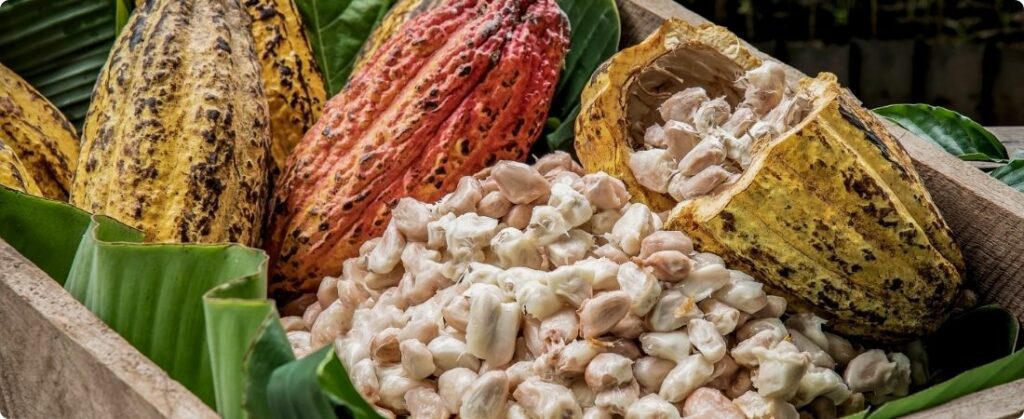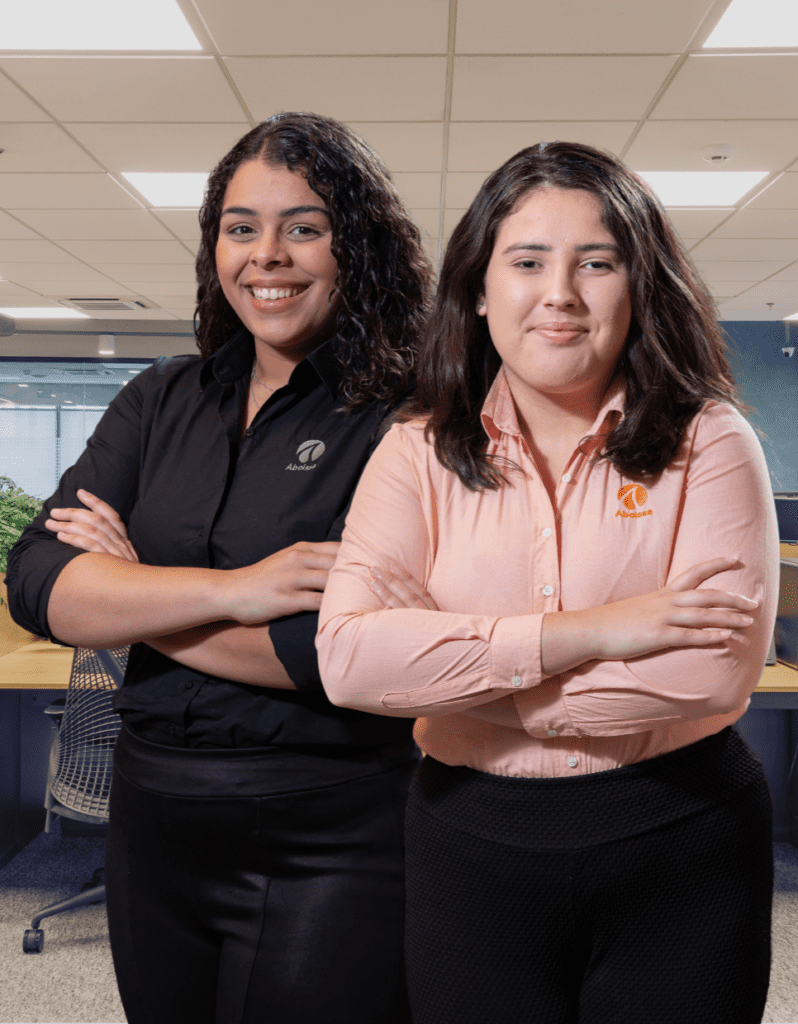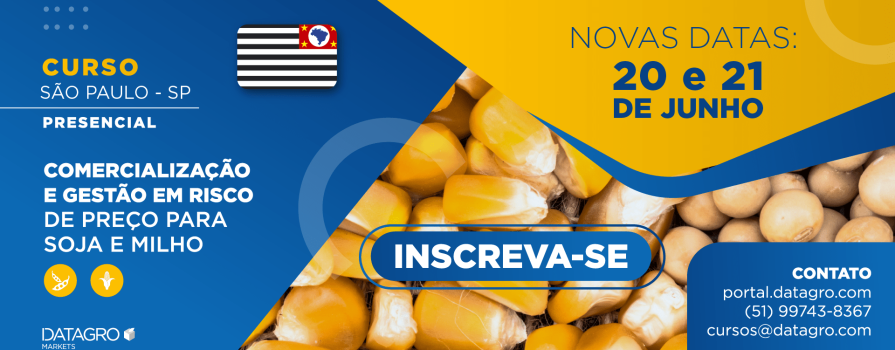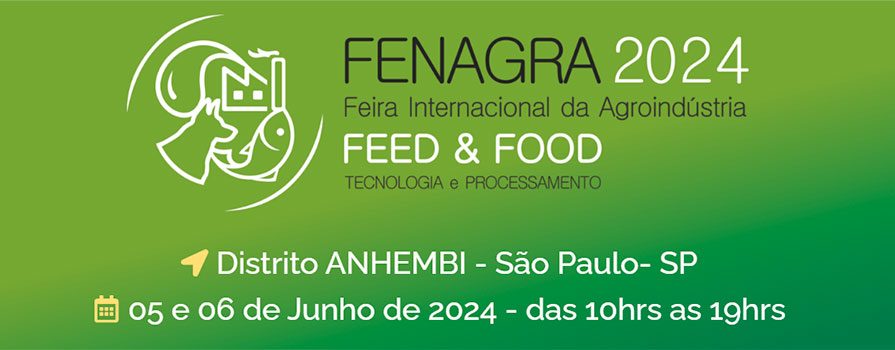
Cocoa, a fundamental ingredient in chocolate production, represents a crucial pillar for both the global economy and cultural traditions, such as the celebration of Easter. Its history, challenges and innovations, especially in the context of the production and use of alternative fats to cocoa butter, illustrate the complexity and importance of this commodity. The trajectory of cocoa in Brazil and the world, marked by historical twists and turns and contemporary challenges, reflects the dynamics of a market in constant evolution.
From arrival in Brazil to global challenges: The trajectory of cocoa
Historically, cocoa was brought to Europe by the Spanish after their encounter with the New World, but it was through the Portuguese that it arrived in Brazil. Until the end of the 1980s, Brazil stood out as one of the largest global cocoa producers. However, the southern region of Bahia was severely affected by the Witches' Broom plague in the late 1990s, which drastically reduced regional production. After this plague, Brazil became the sixth largest cocoa producer in the world, with almost all of its production destined for the domestic market. Among the existing cocoa varieties — Criollo, Forastero and Trinitario — Forastero is the most used, representing around 80% of world production, with West Africa, especially Côte d'Ivoire and Ghana, leading its cultivation.
Current climate challenges, including the El Niño phenomenon, have impacted cocoa production, potentially affecting prices in the second half of this year due to cocoa shortages. Cocoa butter, essential in chocolate production, faces high prices, reflecting the manual production process and logistical difficulties in producing regions. Despite these challenges, the industry is looking for sustainable alternatives, taking full advantage of the cocoa fruit and exploring vegetable fats such as CBE, CBS and CBA, to create more affordable products without sacrificing taste and quality.
Innovation and Sustainability: Revolutionizing the Brazilian cocoa industry
Matheus Pedrosa, CEO of Fralia Cocoa, complements this panorama by highlighting the resilience and innovation of the Brazilian fruit industry. Under his leadership, Fralia adapts to the concentrated and challenging market, investing in the expansion of national production and the development of sustainable and technologically advanced practices for cocoa cultivation. This effort aims not only to meet domestic demand, but also to contribute to the global scenario, taking advantage of technology and agricultural management to differentiate Brazil in the world market.

The challenging scenario, marked by the concentration of cocoa production and processing in the hands of a few countries and multinationals, did not discourage Fralia. On the contrary, the company saw this as an opportunity to serve a specific niche in the market — small and medium-sized companies that fight for direct access to quality raw materials. Through the production of cocoa blends, Fralia not only optimizes the full use of the fruit, but also provides more accessible and cost-effective alternatives, reflecting a commitment to sustainability and productive efficiency.
Matheus' vision for the future of cocoa production in Brazil highlights the country's potential to increase its participation in the global market, based on the resumption of cocoa crops and the application of advanced technology and agricultural management. Brazil, with its climate diversity and capacity for innovation, has the opportunity to overcome historical challenges and position itself as a leader in the supply of sustainable, high-quality cocoa.
Discovering the future of chocolate

Innovations are not limited to production. The search for alternatives to cocoa butter, as discussed by Luiza Silva and Caroline Diniz, experts in vegetable fats at Aboissa, indicates an industry in constant search for solutions that meet the demands of a growing and conscious global market. These alternatives not only offer avenues to circumvent butter price and supply fluctuations, but also reflect a growing trend toward responsible and ethical consumption.
Fralia's commitment to sustainability and innovation, combined with the expertise of its leaders and the challenge of overcoming structural adversities in the market, exemplifies the complex dynamics of the cocoa and chocolate industry. Furthermore, the dialogue between tradition and innovation, evidenced both in history and in contemporary business practices, points to a future where, possibly, the production and consumption of chocolate can be sustainable, ethical and accessible.













